New Delhi: India must reduce tariffs and dismantle non-tariff barriers across the manufacturing value chain to enhance global competitiveness, NITI Aayog CEO B.V.R. Subrahmanyam said.
Speaking at the launch of Trade Watch Quarterly for Q4FY25, he noted that the forthcoming National Manufacturing Policy (NMP) will address the lack of manufacturing intermediates and focus on developing world-class industrial clusters.
Subrahmanyam hinted at a fresh wave of reforms before Diwali, following GST 2.0, with reports from the Rajiv Gauba-led committees already under review. He also expressed optimism that an India-US trade agreement could be concluded soon, averting potential tariff-related disruptions after November.
“We foresee normal exports for Christmas and spring, but summer could be difficult if the deal does not conclude in time,” he said.
The Trade Watch report highlighted that the Quality Control Order (QCO), which mandates BIS hallmarks and licences for input items, could disproportionately impact smaller manufacturers. It recommended phased implementation, wider testing, accreditations and exemptions for mass-market footwear inputs such as canvas and rubber slippers.
The report also urged tighter monitoring of imports routed through ASEAN and SAFTA partners to prevent circumvention of rules-of-origin norms.
To strengthen domestic manufacturing, NITI Aayog called for expanding apprenticeship training, promoting R&D for design innovation and producing key materials such as soles and moulds locally. It recommended modernising MSME clusters into vertical industrial parks offering shared facilities to reduce costs and boost exports.
The report warned that challenges have intensified in 2025 due to slowing bank credit growth and the expiry of the Interest Equalisation Scheme.
While programmes like the Indian Footwear & Leather Development Programme (IFLDP) support infrastructure and skilling, they fall short on financing needs, it noted, adding that higher raw material tariffs and limited innovation exposure continue to weaken India’s global edge.
Also Read –
Niti Aayog Proposes Presumptive Taxation Reforms for Multinational Companies


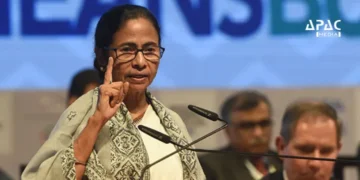


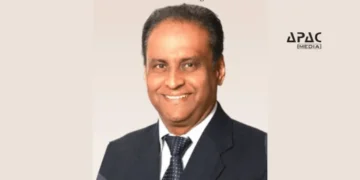


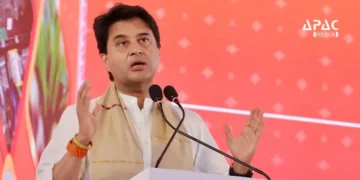
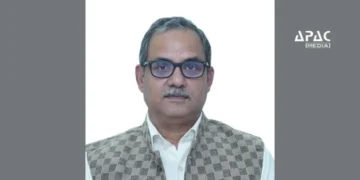





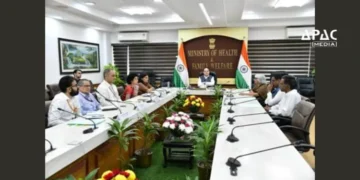


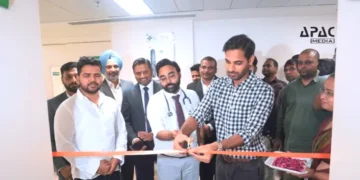

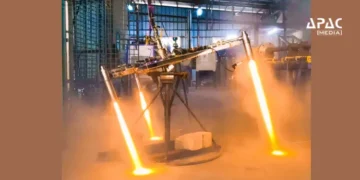




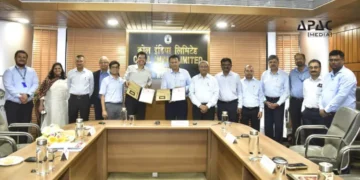
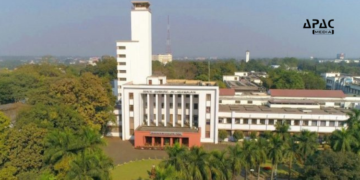
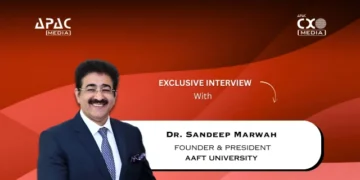

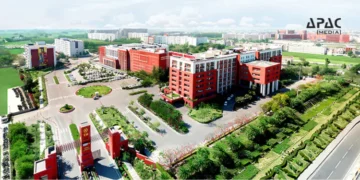
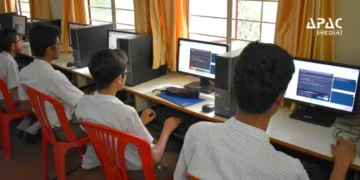
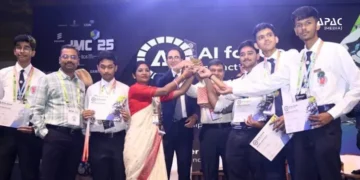
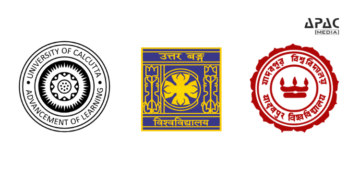

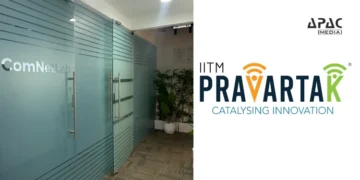



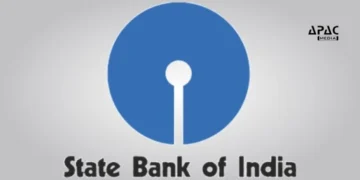



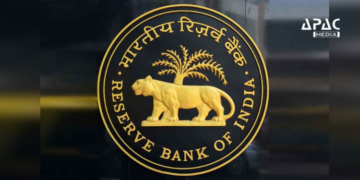

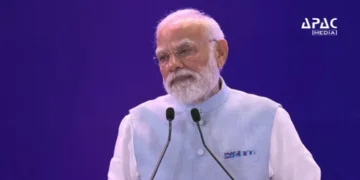





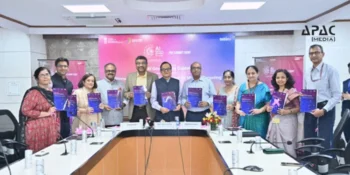



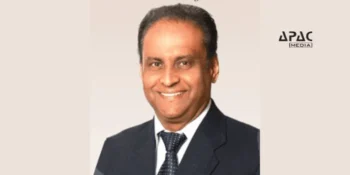








Discussion about this post